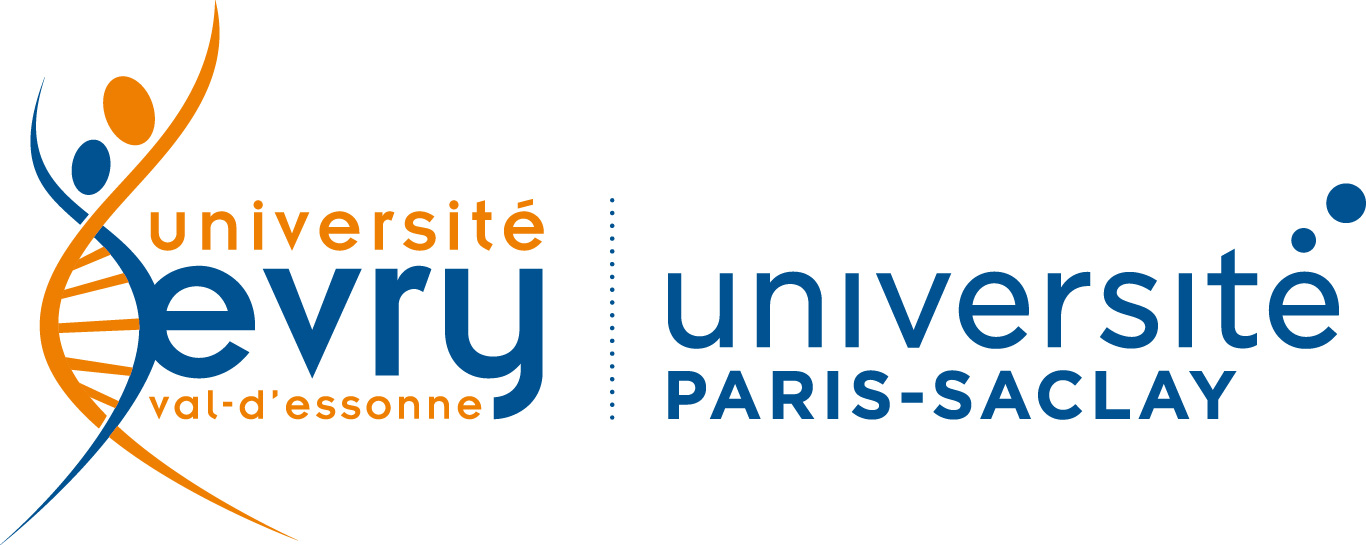Peptide-displaying chimeric AAV vectors with increased skeletal muscle potency and liver detargeting for systemic gene therapy
Résumé
Bioengineering of adeno-associated viral (AAV) vectors is a pivotal strategy for developing next-generation gene therapies for human disorders. In the present study, we assessed the efficacy of two novel AAV vectors, AAVMYO2 and AAVMYO3, which are composed of hybrid capsids and a small VP1 peptide insertion, in a mouse model of myotubular myopathy, a severe inherited disease affecting skeletal muscles that is caused by loss-of-function mutations in the MTM1 gene. Intravenous administration of either AAVMYO2- or AAVMYO3-MTM1 vectors at 2x1013 vg/kg in Mtm1-KO mice prolonged their lifespan, corrected the histopathological hallmarks of the disease and muscle strength for a period of at least 3 months, and resulted in liver transduction detargeting. Therefore, our findings indicate that these novel vectors are efficacious in rescuing the phenotype of myotubular myopathy in mice. In addition, we show efficient large-scale production and purification of AAVMYO2 and AAVMYO3, and data on their seroprevalence in a cohort of human sera. Altogether these results show that the novel AAVMYO2 and AAVMYO3 capsids enable potent muscle delivery of therapeutic genes.





